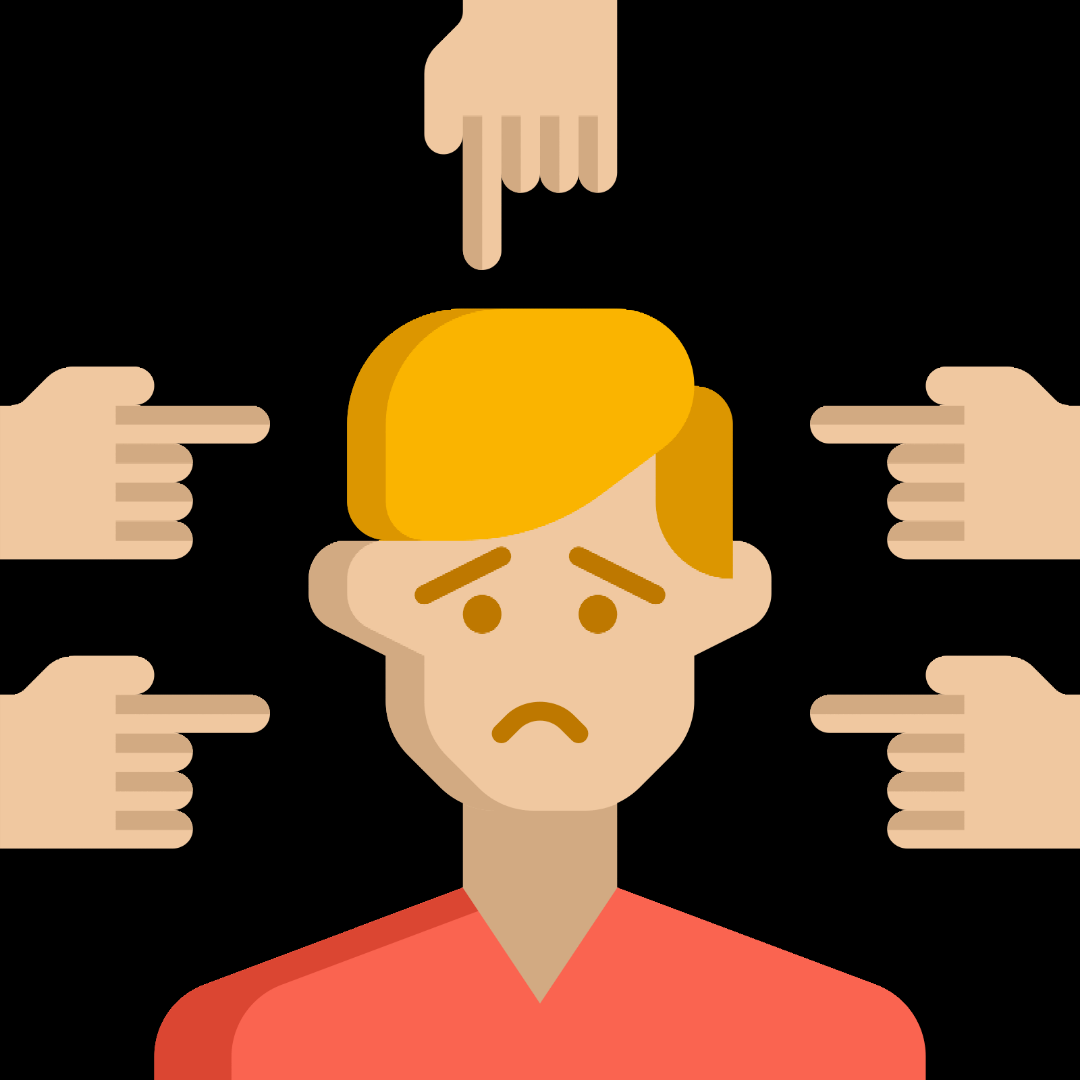BACKGROUND
Peer Pressure is gradually becoming the number one disease today, spreading faster than a virus in everyone’s minds and devastating wisdom. While peer pressure can be positive at times and motivate one towards the accomplishment of a particular goal, it is not a secret that it also has negative energy embedded that could destroy a human mindset into ruining their lives as well as that of others around them and in the worst circumstances it is the beginning period that leads to deviance which ultimately transforms into crime. Sadly, no direct medication could cure peer pressure apart from one’s own will and determination, which becomes quite challenging. Let us examine how peer pressure affects individuals from the East, like India and China, to the West, like Canada and the United States.
PEER PRESSURE IN THE EAST
Countries like India and China are mostly family-oriented, with the tradition of joint families for ages. Asian parents devote most of their life to the upbringing of their children by ensuring that they get the best education, as they believe happiness to be strongly correlated with academic success. As a result, since childhood starting from elementary school, parents pursue their kids to study sincerely and often at times keep a strict check on their performance through rewards and punishment. However positive this attitude developed by Asian parents may sound, one cannot deny that it leads to concrete problems. Asian parents develop peer pressure in their social circle when they hear of other kids’ achievements, and an irritating sensation tickles them that it should have instead been their child. As a result, they get frustrated and compare their children with others by shouting at them and humiliating them by pointing out their weaknesses. They become more ambitious to see their child succeed and put tremendous pressure on their children’s shoulders. Their behaviour ignites peer pressure now in children who start getting jealous hearing them getting compared to their friends or cousins. One may think that this could inspire the students to work harder. However, this is not always the case, as comparisons can trigger severe anxiety and stress in children’s minds, causing them to divert on the wrong path when they try to get academic papers leaked to score well. It also causes the dismantling of relationships as they distance themselves from everyone out of hatred and jealousy. More tragic cases have seen children attempting suicide when they cannot fulfill their parent’s desires to get a high academic percentage. They commit this step as they get portrayed to feel inferior in society, and their self-dignity gets shattered like broken pieces of glass that keep hurting them.
PEER PRESSURE IN THE WEST
Peer Pressure invades countries like Canada and the United States but a bit differently compared to Asian countries. Unlike the East, the West is not deeply family-oriented, with the tradition being that parents ask their children to earn from sixteen through part-time jobs while still studying in high school and managing their basic expenses independently. As a result, students get involved with physical jobs like working as servers in restaurants or ice cream parlours to manage their lifestyles and save for post-secondary education. However, when students cannot get a job for some reason, they start suffering from peer pressure seeing others of their age standing at their own feet. The society also looks down upon children who do not work part-time for being dependent on their families for all the resources. This scenario often leads to students jumping to alternative ways to earn money that may prove illegal, like getting involved with dealing drugs or becoming agents for smuggling gangs. It is not a surprise to see students getting involved in prostitution at a tender age as they get exasperated for money. More severe cases have seen how international terrorist organizations manipulate children and use them as their undercover agents by promising to pay them well.
CONCLUSION
It can be tough to battle peer pressure that is increasing rapidly without warning and motivating the youth towards a slow death. Seeing how this invisible poison lingers around us is terrifying, but still, none of us can catch it and get rid of it. However, parents must take a sympathetic heart to understand their children and spend adequate time with them to know what they think, as that can significantly impact their upbringing. A few moments spent every day with a child with kindness and affection can help minimize the effects of peer pressure.




